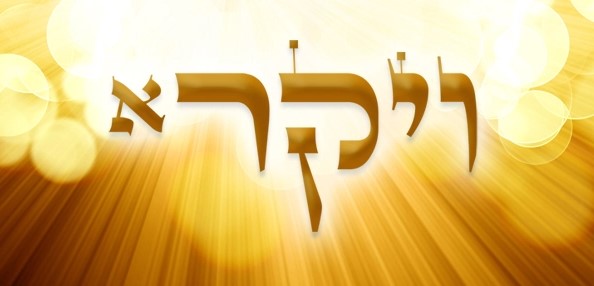Beloved friends,
I write to you just before Purim and as we are about to begin the reading of the book of Leviticus, my favorite book in the Torah. I often share the reasoning behind my feelings about Leviticus. I love Leviticus because it contains the most important message in the Torah: “If it can be broken, it can be mended” (thank you to our Torah Study cohort who helped me amend the word fixed with the word mended). How much more powerful is this teaching today in a world that is so very broken by war, political division, global warming, and so much more.
Mending of course must begin from within. Mussar guides us in the process of Tikkun Middot, the repairing or the rebalancing of our spiritual attributes. Taking the lead from the very first word of our Torah portion, Vayikra, we find a clue of how Moses balanced the middah, spiritual attribute of Anavah, humility. Humility is not really about making ourselves small. In Mussar, humility is recognizing what is within our ability and therefore that for which we are responsible, and what is beyond our capabilities. “No more than my place, no less than my space.”
The Hebrew letter, aleph, at the end of this first word is written much smaller than the rest of the letters. Our sages of blessed memory see this as an opportunity to showcase Moses’s humility. R. Reuven Albaz connected the size of the aleph to the rays of light that showed earlier from Moses’s face as he brought the Torah to the people. The people were so overwhelmed that Moses actually placed a veil over his face so that the Children of Israel would not be so frightened. Moses did not want the book to be about him as it concerned the priestly matters incumbent upon his brother and his nephews. But God felt differently:
Although God told him to write: “Vayikra [God] called,” God did not tell him what size the letters would be. Moses decided to write the aleph smaller. That way he would not invalidate the Torah scroll [which cannot be used if it is missing a letter] nor would he emphasize God’s affection for him nor would he receive the aura and the honor of [being thought of] as one whom Almighty spoke to as one person speaks to another – because, when you pick up the Torah scroll, the small aleph is not visible from afar… The Holy One, who loves the humble, said to him: “Moses, I see that there is ink left in the pen… You wrote less than I told you, because I gave you the exact amount of ink! This is how you act?!” God immediately took the remaining ink – which was of course spiritual and very high – and smeared it on the forehead of Moses. As a result, the skin of Moses’s face began to glow, and the Children of Israel feared him – “and they feared to approach him” (Exodus 44:3).
Moses did not think it was his place to be called at the beginning of Leviticus. God reminded Moses of his full responsibility to his brother and the community; thus, Moses was able to shine.
Next week we will mark the double chai birthday of our beloved Rabbi Heaps, a leader who shines precisely because she understands fundamentally how this spiritual attribute of Anavah informs her work as a rabbi of this sacred community. She generously gives her spirit, time, and all that is within her ability to do. And because they are within her ability, she accepts the responsibility with grace and humor, making our community and our world better.
To celebrate Rabbi Heaps’ 36th birthday and to honor her and all she means to us, we are setting up a fund to support our youth programming, an area to which Rabbi Heaps has dedicated so much of her energy and passion. This fund will be open beginning on March 25th, Rabbi Heaps’ birthday, and, in the spirit of this milestone, will remain open for 36 days.
I hope you will join me in wishing Rabbi Heaps a happy birthday and consider honoring her with a donation. Click here to learn more.
Please watch our social media throughout the 36 days, as we feature fun facts about Rabbi Heaps and share birthday greetings!
Shabbat Shalom,


